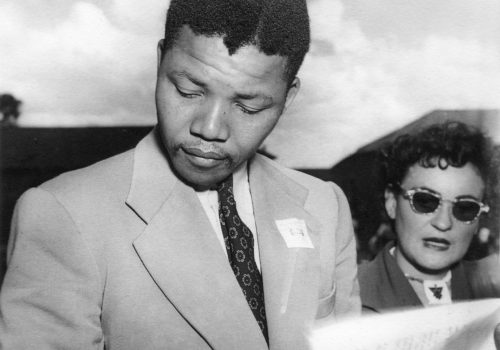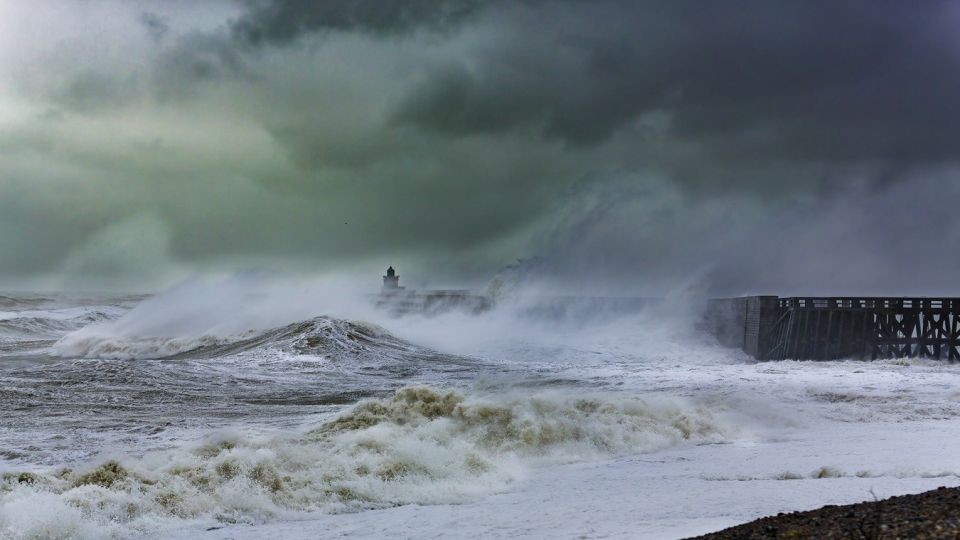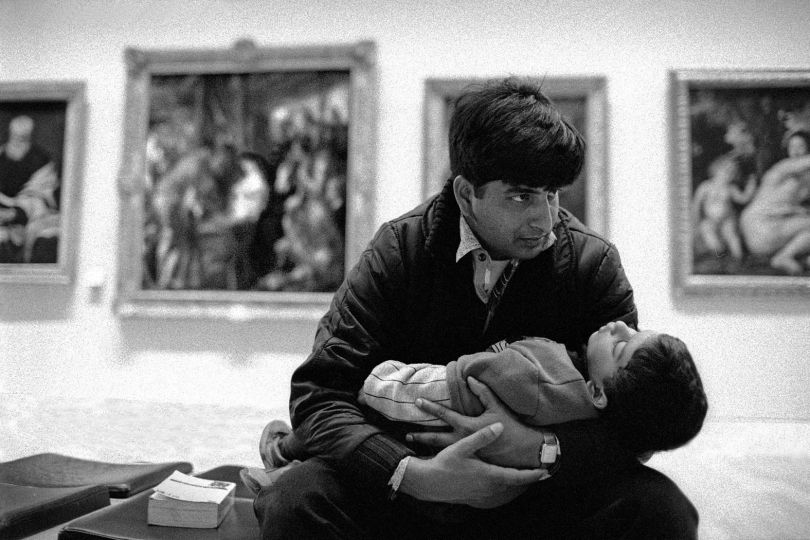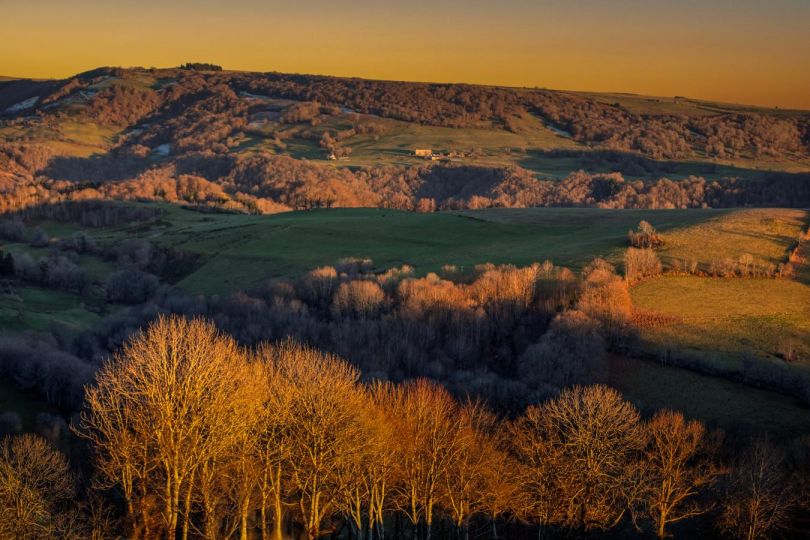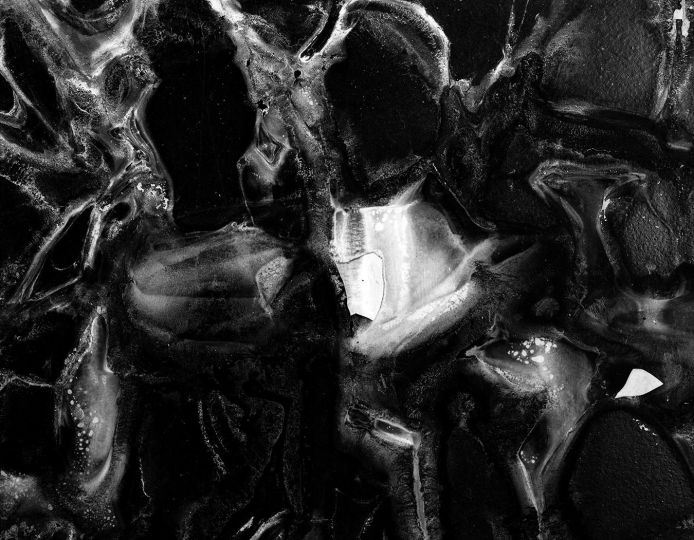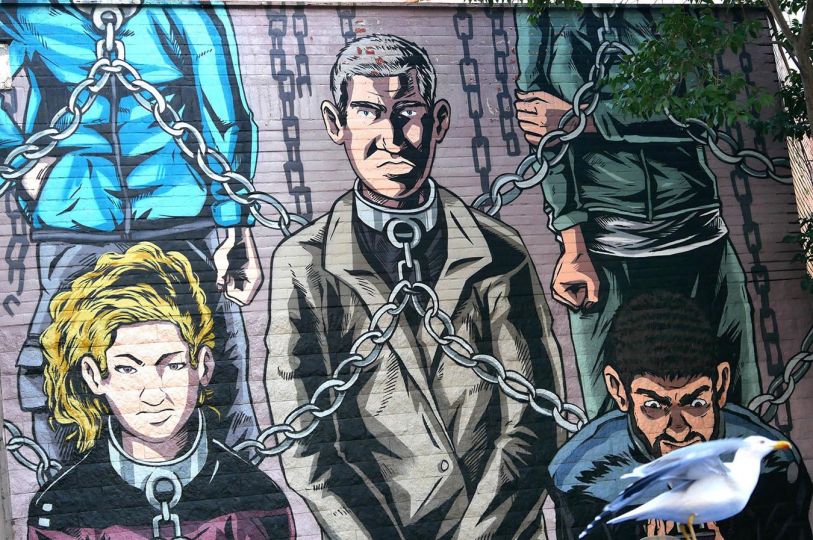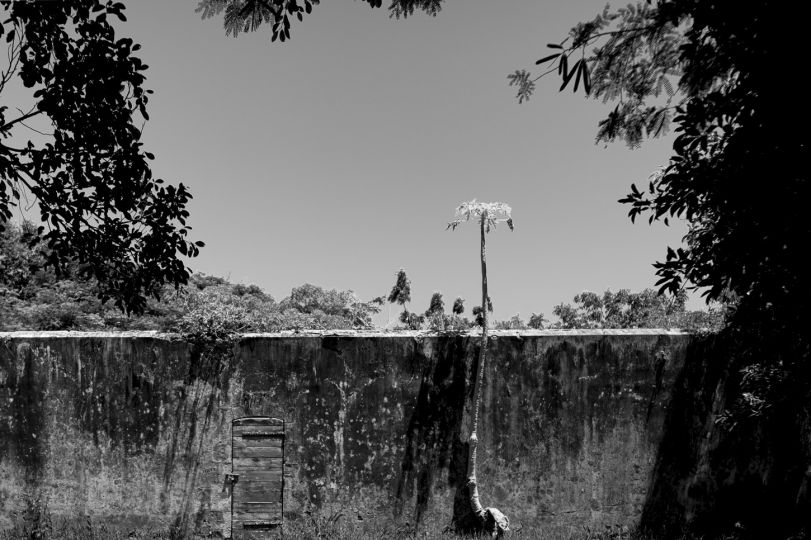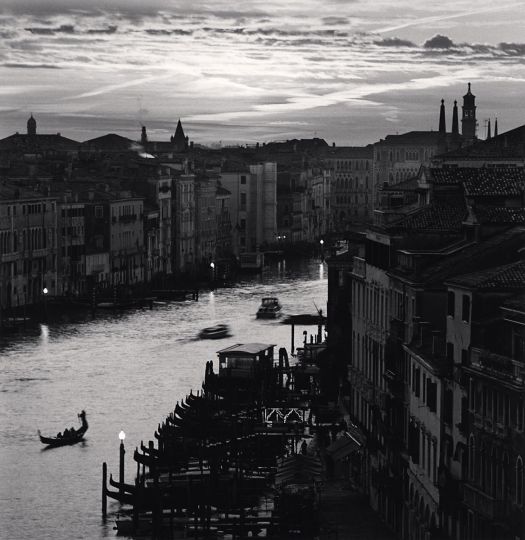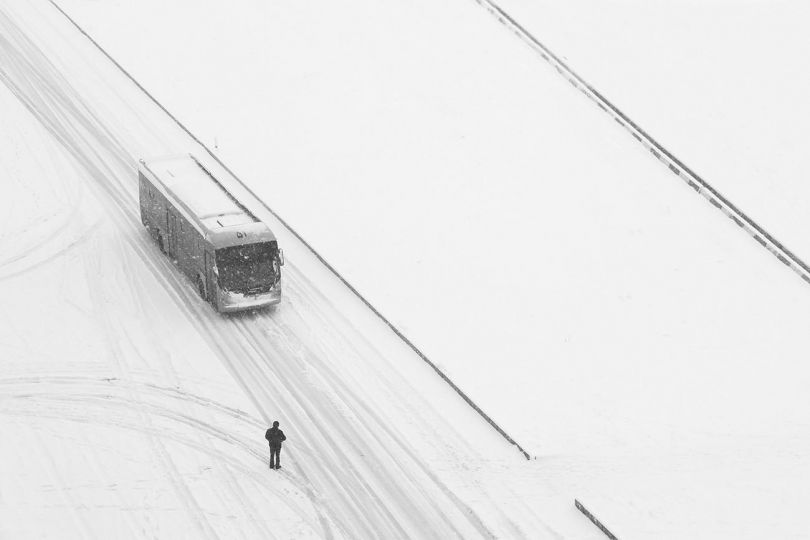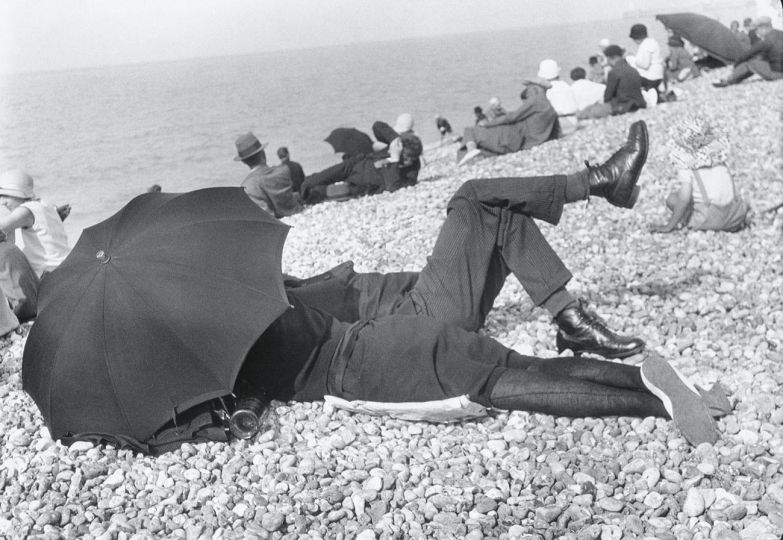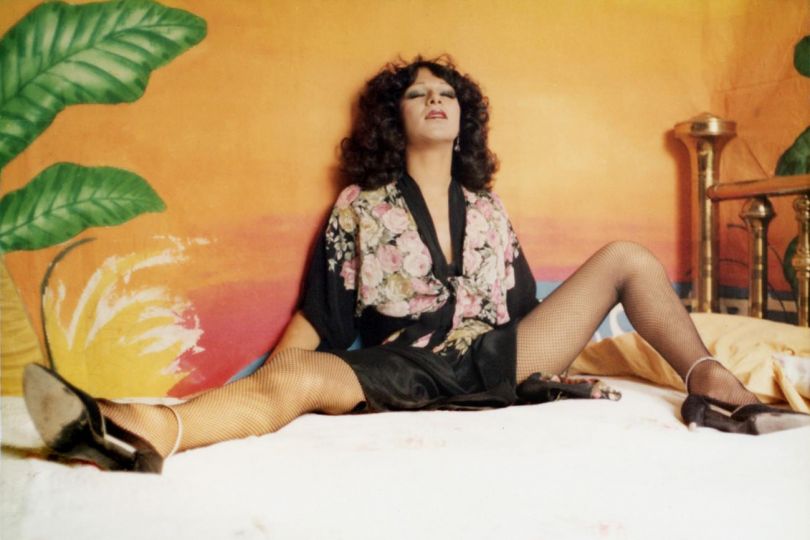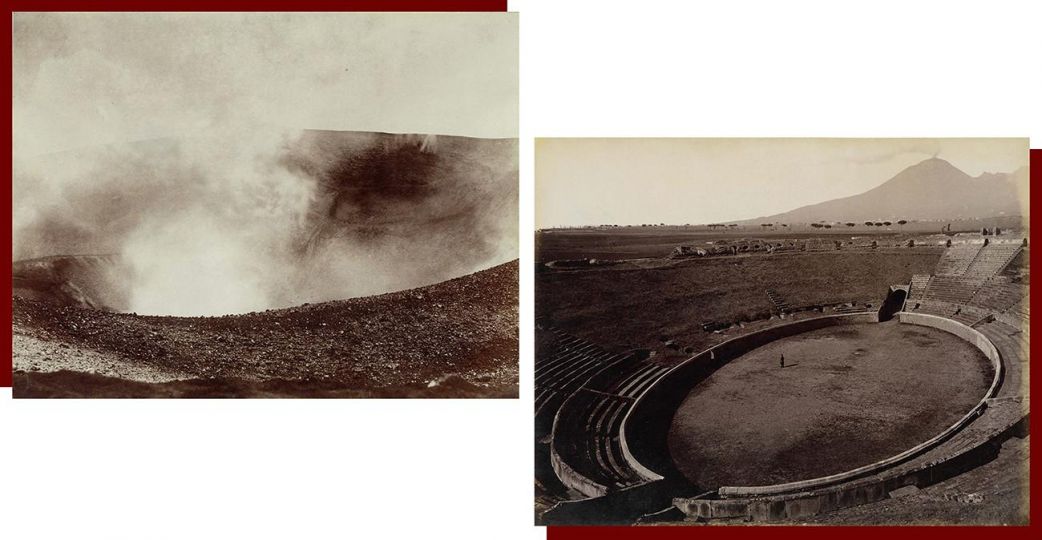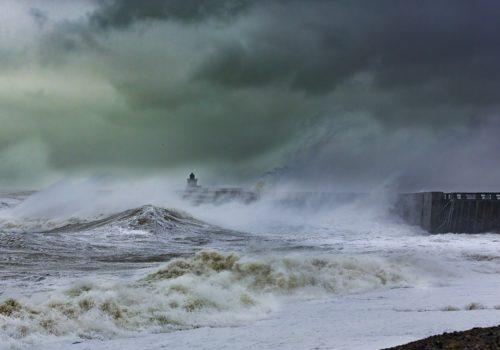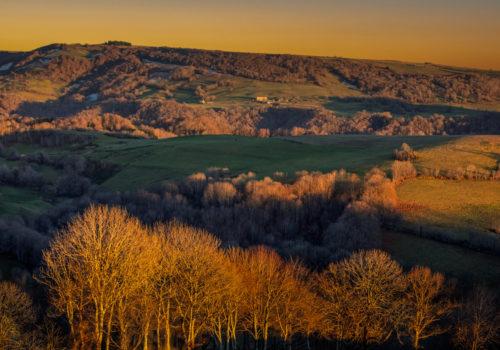Mandela and Me
“How are you young man? Aren’t you retired yet?” this is the regular banter I had from Madiba whenever we met.
When I went to visit Nelson Mandela for lunch with my wife Claudia he asked me why I wanted to visit an old man when I probably had other more important things to do.
This modesty and self effacement mixed with large doses of humour and an unwavering moral code is the Mandela mix which inspires, charms and captivates the world. Madiba is a role model for all – highlighting the great need for mankind to choose humanity and morality over materialism.
Jurgen Schadeberg, 18th july 2013
The Black & White Fifties in South Africa by Jurgen Schadeberg
When I arrived in South Africa in 1950 from Germany I found two societies running parallel, without any communication whatsoever.
There was an invisible wall between the two worlds.
The Black World or the “Non-European World”, as described by white society, was culturally and economically rejected by the white world.
In the fifties the black world was becoming culturally and politically very dynamic, whereas the white world seemed to me to be isolated, cocooned, colonial and ignorant of the black world.
As a newcomer and outsider I managed to quite easily hop from one world to the other…for example, in the evening I might photograph a white masked ball in the City Hall, the next morning an ANC defiance Campaign meeting, or a Shebeen in Sophiatown…all followed by the Durban July Horse Race.
On both sides of the fence there were ordinary people living their lives, getting married, enjoying themselves, making music and dancing. Most people were ignorant of each other’s worlds despite the fact that they were neighbours, sharing the same air.
The political campaigns against Apartheid Laws in the early fifties were largely peaceful with an almost gentlemanly attitude between the Government Officials or Special Branch Police and the political demonstrators. On one occasion a speaker standing on the platform at a political meeting even stopped his speech so that the Special Branch could reload his tape recorder.
It was only in the late fifties and early sixeties that clashes became more violent and more brutal.
I freelanced for a number of magazines and photoagencies during the fifties decade, including Drum, Time Life and SABC Radio, as well as selling my photos to German, French and American publications.
We all believed that the Apartheid Regime would not last, which, in a way, explains the naive enthusiasm which I think is portrayed in many of my pictures.
Jurgen Schadeberg
Jurgen Schadeberg, sometimes known as “The Father of South African Photography”, is a principle figure in South African and World Photography. His major body of work, which spans 70 years and incorporates a collection of some 250,000 negatives, captures a wealth of timeless and iconic images.
Jurgen Schadeberg was born in Berlin in 1931 and emigrated to South Africa in 1950 to became Chief Photographer, Picture Editor and Art Director on Drum Magazine. It was during this time that Jurgen photographed pivotal moments in the lives of South Africans in the fifties. These photographs represent the life and struggle of South Africans during Apartheid and include important figures in South Africa’s history such as Nelson Mandela, Dr. Moroka, Walter Sisulu, Yusuf Dadoo, Bishop Huddleston and key events such as The Defiance Campaign of 1952, The Treason Trial of 1958, The Sophiatown Removals and the Sharpeville Funeral in 1960.
His images also capture the jazz and literary world during the fifties Apartheid era such as the Sophiatown jazz scene with Dolly Rathebe, Miriam Makeba, Hugh Masekela and Kippie Moeketsi.
In 2014 Jurgen was honoured with the Lifetime Achievement Award from the International Centre of Photography in New York and he was also awarded in 2014 a Doctorate, Doctor Honoris Causa, by Vamebcia University Politecnica for his life work.
Together with his producer wife Claudia, Jurgen established The Schadeberg Movie Company to produce a series of some 15 documentaries and dramas about South African social, cultural and political history, including “Voices from Robben Island 1994” with BBC’s Arena.
Jurgen with his wife Claudia continues to produce photo projects, books and to tour exhibitions worldwide.
https://www.jurgenschadeberg.com/

